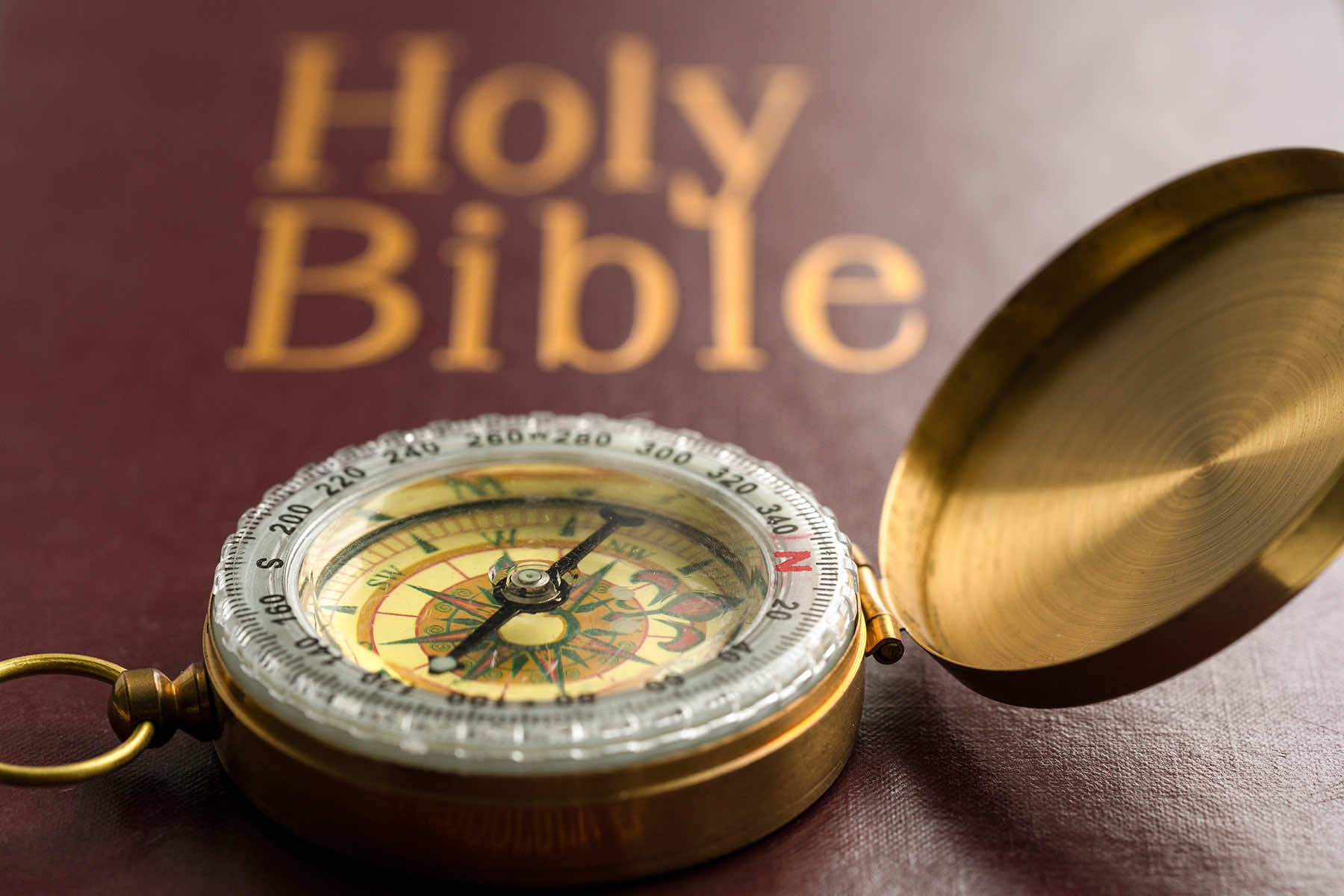
“Slavery was LEGAL. The Holocaust was LEGAL. Segregation was LEGAL LEGALITY. IS NOT A GUIDE FOR MORALITY.” – Protest Sign, 2025
In American history, the most shameful atrocities were not carried out in defiance of the law, but under its protection.
Slavery was legal. Segregation was legal. The internment of Japanese Americans, the forced sterilization of disabled people, the criminalization of same-sex relationships — all were sanctioned by the courts, upheld by legislators, and justified by those in power.
The Holocaust, history’s starkest symbol of industrialized evil, unfolded within a complex web of legal codes, orders, and bureaucratic compliance.
These facts are not rhetorical devices. They are reminders that the law is not, and never has been, a reliable compass for what is right.
“A law is valuable not because it is law, but because there is right in it.” – Henry Ward Beecher
Yet many Americans, particularly in conservative Christian circles, continue to equate legality with moral authority — a contradiction that undermines both civic ethics and religious witness.
The Bible itself warns against this confusion. In Romans 2, the apostle Paul writes that “the requirements of the law are written on their hearts, their consciences also bearing witness.”
The moral compass Christians speak of is not a legal statute or court ruling. It is shaped by the character of Christ: mercy, humility, truth, and justice. It is this higher law, they claim, that guides them. But increasingly, the political behavior of conservative Christians suggests that law is not a moral guide so much as a blunt weapon.
“An unjust law is no law at all.” — St. Augustine (often quoted by Martin Luther King, Jr.)
When laws align with their interests — be it abortion bans, anti-LGBTQ legislation, book restrictions, or immigration crackdowns — conservative leaders invoke legality as a holy shield. They demand obedience, punishment, and submission to state authority.
Yet when the law does not serve them — mask mandates, election results, gun control statutes, civil rights protections — they declare it invalid, ungodly, or tyrannical.
This selective reverence for the law betrays not only a political hypocrisy but a profound moral crisis. A movement that claims to be rooted in divine truth now echoes with slogans, not scriptures.
“Law and order” is brandished as a virtue — unless that law protects someone else’s dignity, vote, or right to exist.
“Right is right, even if everyone is against it, and wrong is wrong, even if everyone is for it.” — William Penn
Nowhere is this contradiction more visible than in the MAGA-aligned culture of grievance and power. Under the Trump-era transformation of the Republican Party, legalism has become a performance.
Immigration policies that separate families are “just enforcing the law,” but indictments of a former president are “weaponization.” Drag shows are criminalized under the guise of protecting children, but mass shootings yield no new restrictions because gun rights are “enshrined in law.”
The law is either sacred or it isn’t. Conservatives cannot claim moral high ground while treating legality as both sword and shield, depending on the target.
“Wrong does not cease to be wrong because the majority share in it.” — Leo Tolstoy
The ease with which conservative Christians invoke law as moral cover reveals how far they have drifted from the teachings they profess. Christ never wielded power to enforce conformity. He never issued a decree or passed a statute. Instead, he lifted burdens, challenged unjust authorities, and warned the devout not to become legalistic hypocrites — a warning they now ignore with astonishing regularity.
There is a crisis of conscience in American Christianity, and it is not coming from the outside. It is not drag queens, migrants, trans teenagers, or secular progressives dismantling the church’s witness.
It is the willingness of conservative believers to excuse cruelty, dishonesty, and political idolatry in the name of winning. What does it profit a movement to gain the legislature but lose its soul?
When immigration raids tear families apart, and conservative pundits call it “biblical justice,” one wonders what Bible they’re reading. When Republican governors sign laws that strip rights from vulnerable groups and then pose for photo ops in churches, the silence from the pulpit is deafening.
And when self-proclaimed Christian leaders cheer a president who mocks the disabled, brags of assault, lies routinely, encourages vengeance, and is a convicted felon, it is clear: legality is not the issue. Morality is.
This dissonance is not lost on younger generations. A wave of disaffiliation among millennials and Gen Z is not simply the result of secularization. Many left the church because it no longer reflects the Christ they encountered in scripture.
They were told to love their neighbor, but saw their churches defend policies that harmed them. They were told to care for the poor, but watched politicians, endorsed from the pulpit, slash welfare and demonize food assistance. They were taught to be humble, and then witnessed Christians crown a man who built his name on pride and lies.
Moral clarity cannot come from a political party. It cannot come from the courts. It certainly cannot come from the inconsistent and punitive legal agendas currently masquerading as religious conviction. For Christians, moral clarity must come from the cross — from a savior who broke unjust laws and loved without exception.
It is not anti-Christian to hold Christians accountable. It is not hateful to ask whether their actions match their message. In fact, that kind of accountability is deeply biblical. The prophets did not speak softly when their people strayed. Christ himself overturned tables when the temple was profaned by power and profit.
Today, the temple is not only profaned. It is politicized, weaponized, and largely silent in the face of injustice, so long as the injustice is legal.
This is a call for reflection. A moral compass that spins with the wind of political convenience is no compass at all. And if conservative Christianity continues to mistake legality for righteousness, it abdicates all credibility and connection to the faith it claims to defend.
© Photo
Heavenman (via Shutterstock)














